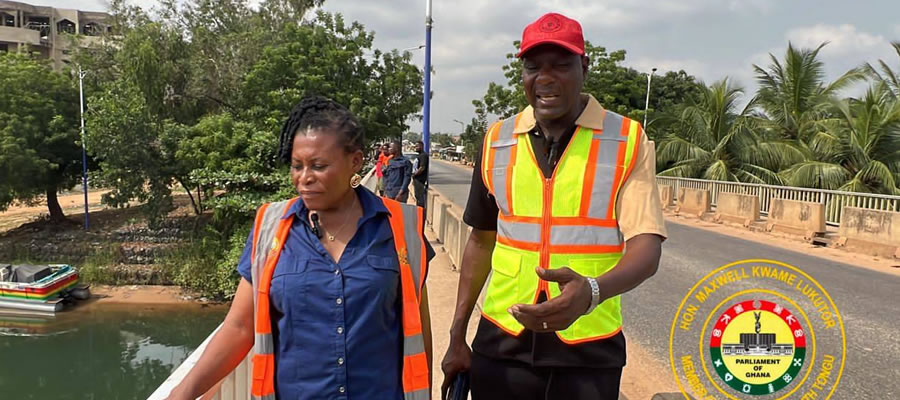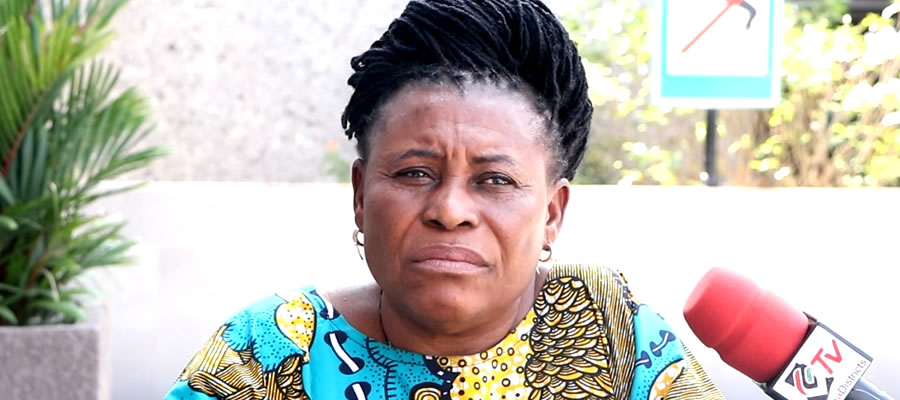

Agriculture in the district is predominantly on small- holder basis and therefore subsistence. The average farm size is 1.8 hectares. The main system of farming is the traditional system of slash and burn with the use of hoe and cutlass. There is little mechanised farming. Agriculture production depends on rainfall and varies with the amount and distribution of rain. Those in irrigated farming mechanise their land tillage and mostly use furrow or flooding method in irrigating their farms. The South Tongu is noted for the cultivation of cassava, maize, okro, pepper and tomatoes, mango, pineapple, passion fruit, among others.
Crop Production in the District is characterised by:
- Small holders farmers (about 2.5 acres) although, there are few farmers with about 20-1000 acres under cultivation.
- Use of simple labour intensive production techniques, hired labour is unattractive because it is very inefficient and costs are high, although hired tractors do initial land preparation.
- Heavy dependence on rainfall, which is scanty and erratic, and absence of irrigation facilities.
- High level of post-harvest losses, particularly in vegetable production.
- Use of low-yielding seeds.
- Low level of fertilizer application and other inputs such as chemical due to high prices and
- Poor agronomic practices
As a result of these characteristics, productivity and output are low. The district is endowed with large deposits of clay, which can be used in pottery to produce earthenware and ornaments, and for the manufacture of brick and tile used in the construction industry. The clay deposits at Lolito, Adutor, Vume, Scokpe and Agodomi are expected by geologists to last for over 100 years into the future.
These deposits have been found within the lower Volta Basin dating back several years as a geomorphological formation. They have high mineral volume and can be developed into paints and other chemical products, and the District Assembly is willing and ready to provide investors with all the needed assistance in setting up such enterprises.
South Tongu is even more naturally endowed, since the Volta River, Ghana’s biggest river, passes right through. This makes for a vibrant, lucrative fishing industry and provides invaluable irrigation as well. The Volta River stands to be harnessed effectively by investors for rice and vegetable production. There are numerous creeks and lagoons running parallel to the Volta River, which can serve as good breeding grounds for tilapia, shrimps and mud fish. Export-oriented investors can set up clam and lobster processing factories at Sogakofe.
Aquaculture is another lucrative venture in the fisheries sector. The abundant rivers and lagoons, relatively low and flat land, coupled with its good soils, provide strong potential for investors in this sub-sector. Even as its fishing industry expands, South Tongu’s cattle farming industry also stands out as the second best in the whole of Volta Region. This opens wide vistas of opportunity in the area of intensive dairy cattle farming for interested investors.
Date Created : 11/23/2017 4:09:51 AM









 facebook
facebook
 X
X
 Youtube
Youtube
 instagram
instagram
 +233 593 831 280
+233 593 831 280 0800 430 430
0800 430 430 GPS: GE-231-4383
GPS: GE-231-4383 info@ghanadistricts.com
info@ghanadistricts.com Box GP1044, Accra, Ghana
Box GP1044, Accra, Ghana